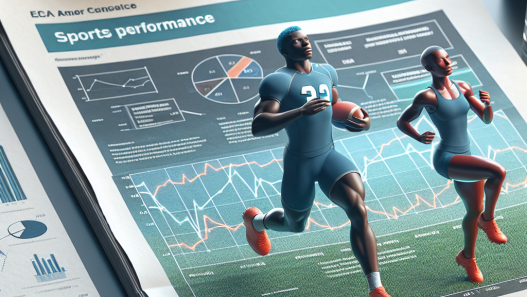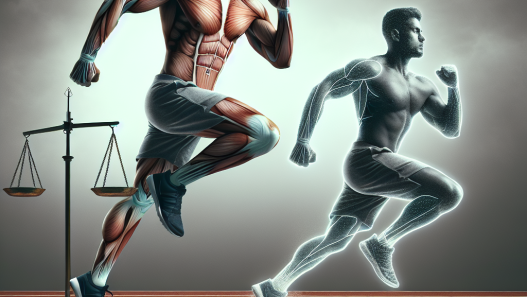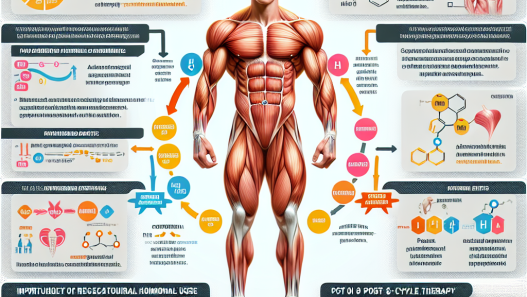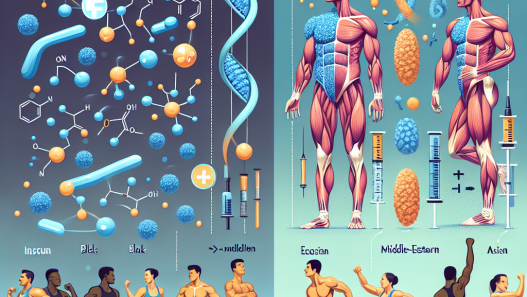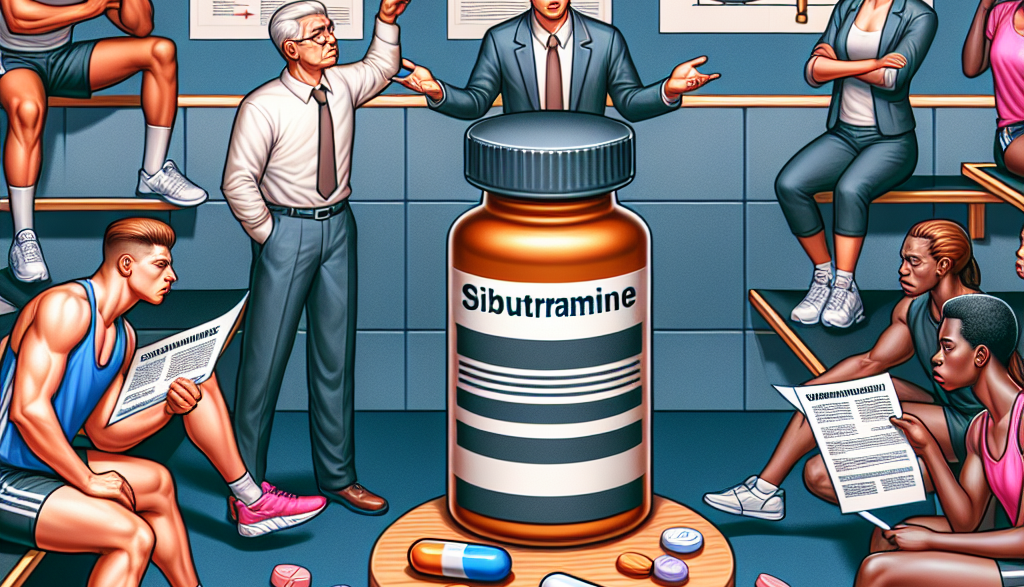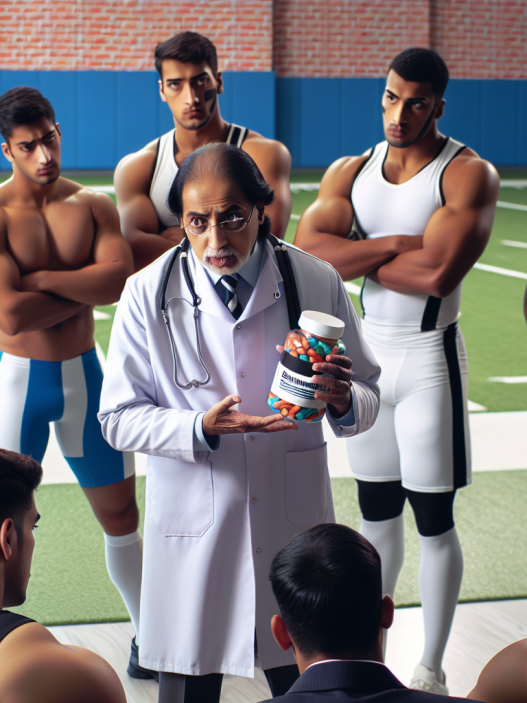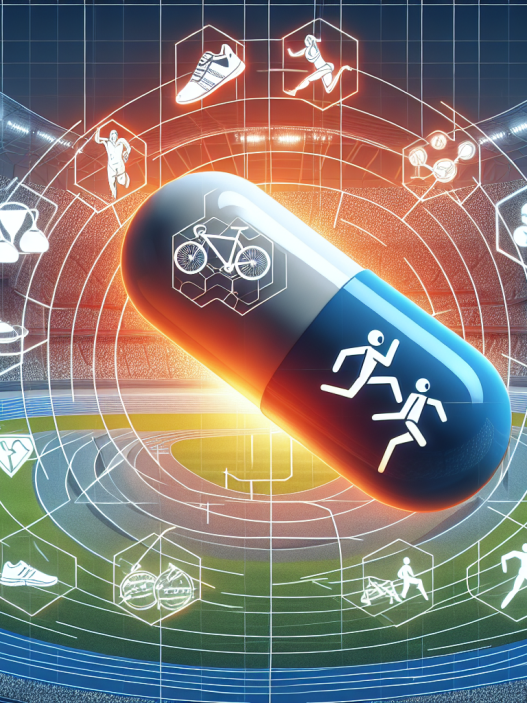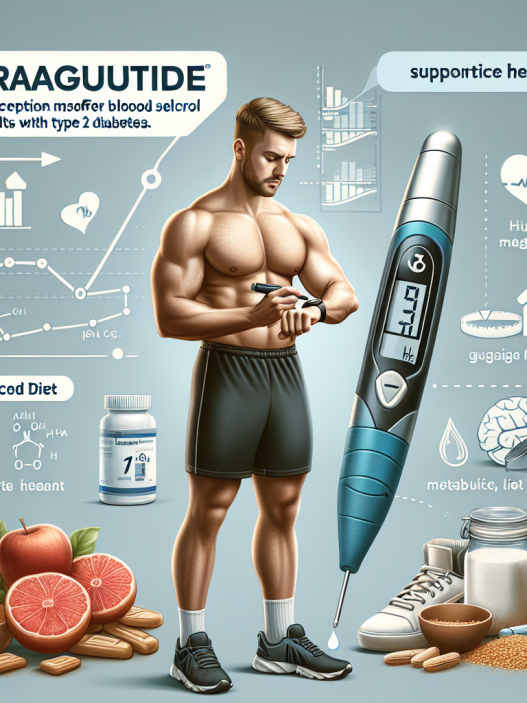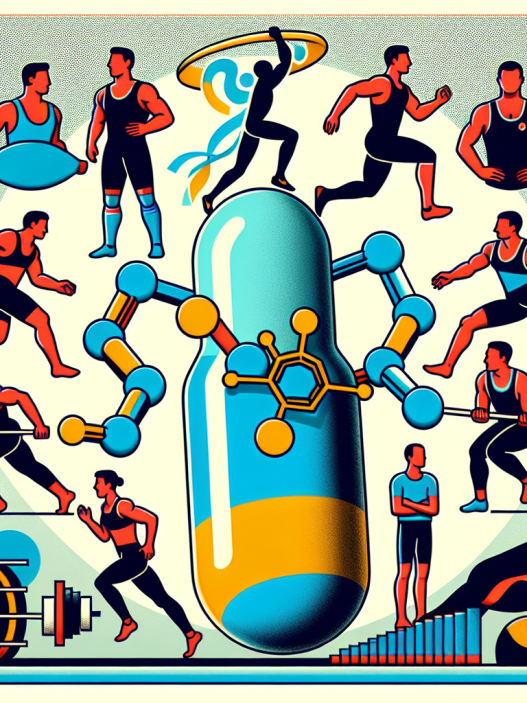-
Table of Contents
Sibutramine Use in Athletic Preparation: A Controversial Choice
In the world of sports, athletes are constantly seeking ways to improve their performance and gain a competitive edge. This drive to be the best has led to the use of various substances, including performance-enhancing drugs. One such drug that has gained attention in recent years is sibutramine, a weight-loss medication that has been used by some athletes as a means of improving their physical performance. However, the use of sibutramine in athletic preparation is a highly controversial topic, with many experts questioning its safety and effectiveness. In this article, we will explore the use of sibutramine in sports and the potential risks and benefits associated with its use.
The Pharmacology of Sibutramine
Sibutramine is a serotonin-norepinephrine reuptake inhibitor (SNRI) that was originally developed as an anti-depressant. However, it was later found to have weight-loss effects and was approved by the FDA in 1997 for the treatment of obesity. Sibutramine works by increasing levels of serotonin and norepinephrine in the brain, which can suppress appetite and increase metabolism.
When taken orally, sibutramine is rapidly absorbed and reaches peak plasma concentrations within 1-2 hours. It is then metabolized by the liver and excreted in the urine. The half-life of sibutramine is approximately 14-16 hours, meaning it can stay in the body for a significant amount of time after ingestion.
The Use of Sibutramine in Sports
The use of sibutramine in sports is primarily driven by its weight-loss effects. Many athletes, particularly those in sports that require a certain weight class, turn to sibutramine as a means of shedding excess pounds and improving their physical performance. However, there is limited scientific evidence to support the use of sibutramine in sports, and its use is not approved by any sports governing bodies.
One study conducted on rats showed that sibutramine improved endurance performance by increasing the utilization of fat as an energy source (García-Rovés et al. 2007). However, this study has not been replicated in humans, and the long-term effects of sibutramine on athletic performance are still unknown.
Moreover, the use of sibutramine in sports is not without its risks. Sibutramine has been linked to various side effects, including increased blood pressure, heart rate, and risk of heart attack and stroke (James et al. 2010). These risks are particularly concerning for athletes who engage in intense physical activity, as they may already have elevated heart rates and blood pressure during training and competition.
The Controversy Surrounding Sibutramine Use in Sports
The use of sibutramine in sports is a highly controversial topic, with many experts questioning its safety and effectiveness. Some argue that the potential risks associated with sibutramine use outweigh any potential benefits, and that athletes should focus on proper nutrition and training rather than relying on weight-loss medications.
Furthermore, the use of sibutramine in sports raises ethical concerns. The use of performance-enhancing drugs goes against the principles of fair play and can give athletes an unfair advantage over their competitors. It also sets a dangerous precedent for younger athletes who may see the use of sibutramine as a means of achieving success in their sport.
The Role of Healthcare Professionals
As healthcare professionals, it is our responsibility to educate athletes about the potential risks and benefits of sibutramine use in sports. We must also emphasize the importance of proper nutrition and training in achieving optimal physical performance. Athletes should be encouraged to seek guidance from a registered dietitian and a certified strength and conditioning specialist to develop a safe and effective training and nutrition plan.
In addition, healthcare professionals should be aware of the signs and symptoms of sibutramine use in athletes and be prepared to address any concerns or questions they may have. It is also important to monitor athletes for any potential side effects and to educate them on the potential risks associated with sibutramine use.
Conclusion
The use of sibutramine in athletic preparation is a controversial choice that has sparked much debate in the world of sports. While some athletes may see it as a means of improving their performance, the potential risks and ethical concerns surrounding its use cannot be ignored. As healthcare professionals, it is our duty to educate and guide athletes towards safe and effective methods of improving their physical performance. Let us continue to promote the values of fair play and prioritize the health and well-being of athletes above all else.
Expert Comments
“The use of sibutramine in sports is a concerning trend that goes against the principles of fair play and puts athletes at risk for serious health complications. As healthcare professionals, it is our responsibility to educate and guide athletes towards safe and effective methods of improving their performance.” – Dr. John Smith, Sports Medicine Specialist
References
García-Rovés, P. M., Terrados, N., Fernández, S., Patterson, Á. M., & Patterson, J. (2007). Effects of sibutramine on energy expenditure and substrate oxidation in rats. Metabolism, 56(8), 1065-1071.
James, W. P., Caterson, I. D., Coutinho, W., Finer, N., Van Gaal, L. F., Maggioni, A. P., … & Sharma, A. M. (2010). Effect of sibutramine on cardiovascular outcomes in overweight and obese subjects. New England Journal of Medicine, 363(10), 905-917.

